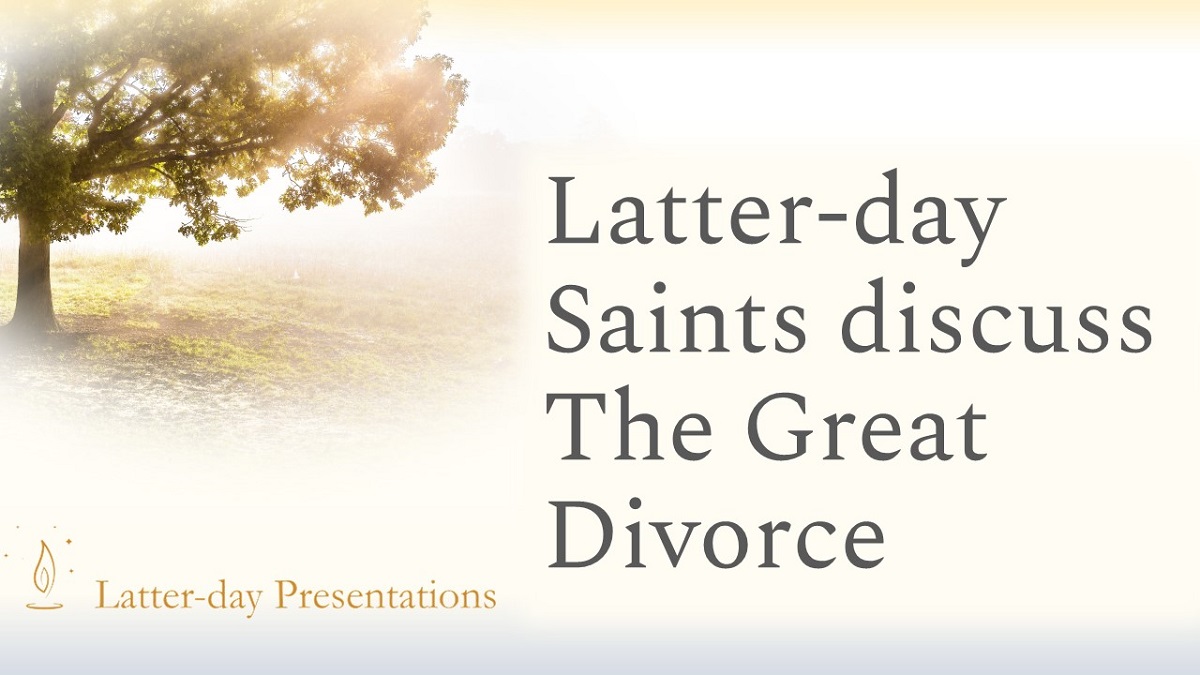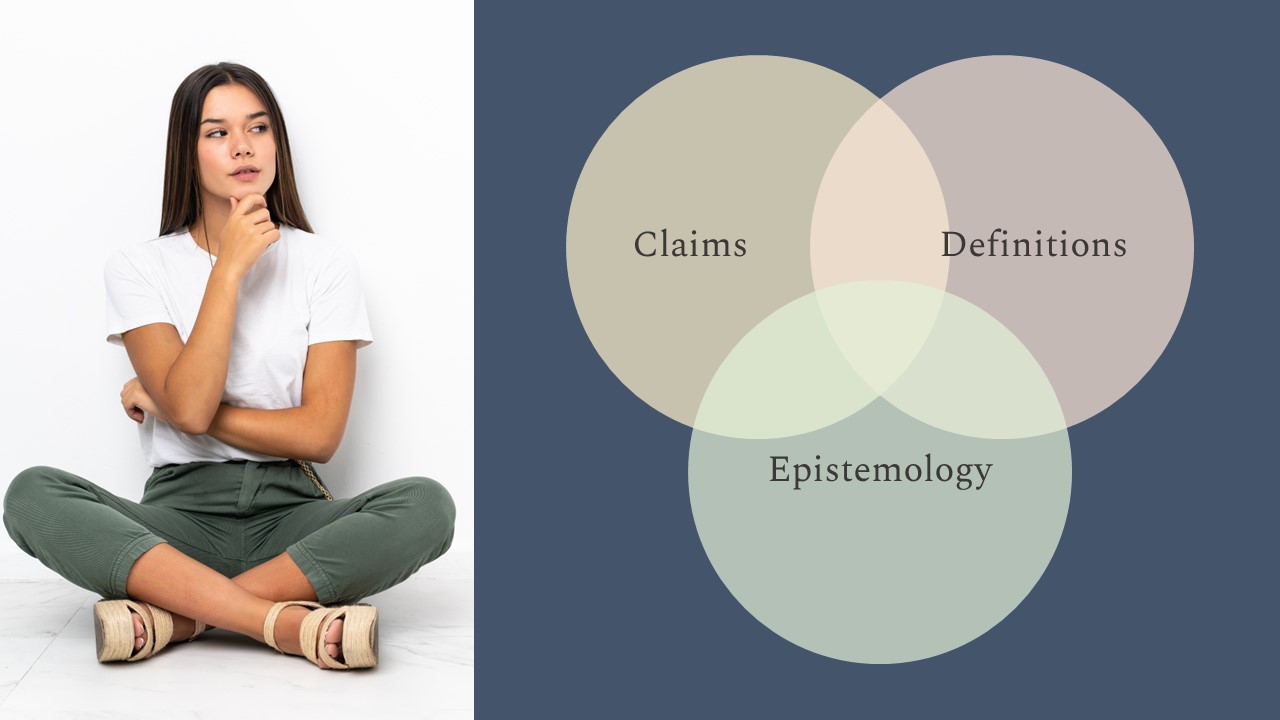Cynicism is a powerful anesthetic we use to numb ourselves to pain, but which also, by its nature, numbs us to truth and joy. Grief is healthy. Even anger can be healthy. But numbing ourselves with cynicism in an effort to avoid feeling those things is not. When I write off all evangelicals as hateful and ignorant, I am numbing myself with cynicism. When I jeer at their foibles, I am numbing myself with cynicism.
When I roll my eyes and fold my arms and say, “Well, I know God can’t be present over there,” I am numbing myself with cynicism. And I am missing out. I am missing out on a God who surprises us by showing up where we don’t think God belongs. I am missing out on a God whose grace I need just as desperately, just as innately as the lady who dropped her child sponsorship in a protest against gay marriage.
Cynicism may help us create simpler storylines with good guys and bad guys, but it doesn’t make us any better at telling the truth, which is that most of us are a frightening mix of good and evil, sinner and saint.
– Rachel Held Evans, Searching for Sunday
Continue reading “Quotes on Cynicism”


